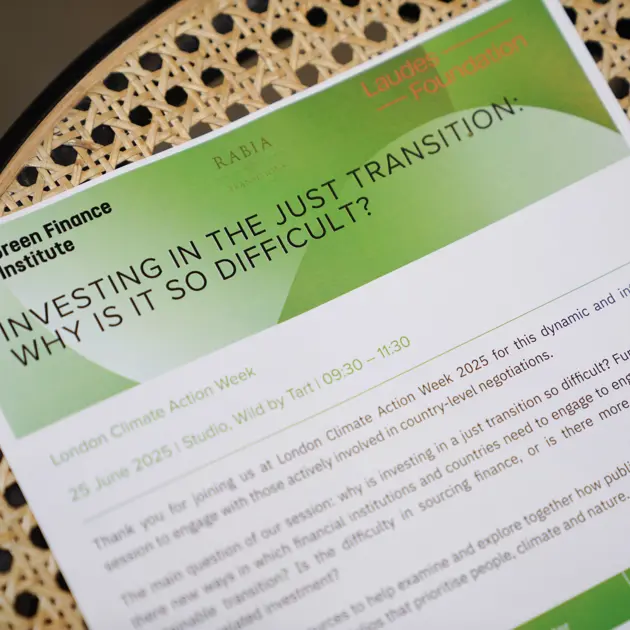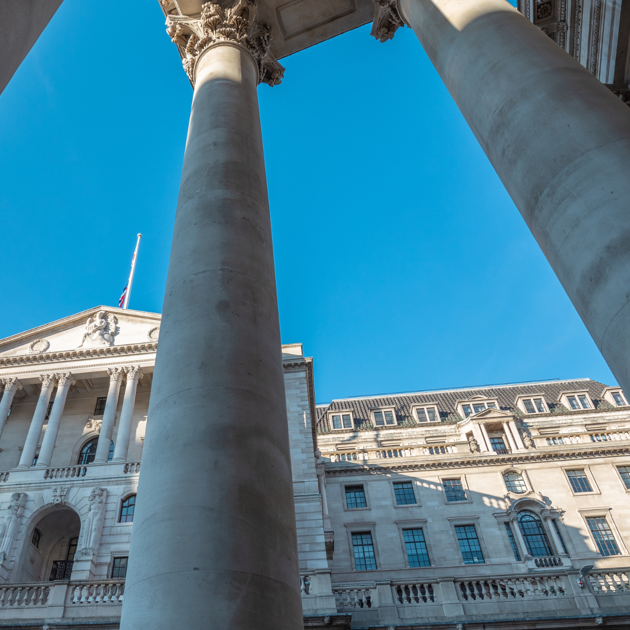Voting rights: The hidden power in your pension

Did you know that when you save for retirement, you're also gaining a voice in how companies operate? Your pension fund, which is invested on your behalf, becomes a shareholder with voting rights - a powerful tool for driving sustainable business practices.
A recent study by Rezonanz, commissioned by Laudes Foundation, reveals how European pension funds are using these "proxy voting" rights to influence corporate behaviour on environmental and social issues.
Attributes of a progressive pension fund
After examining 122 pension funds across six European countries, the research found striking differences in how funds disclose and use this power. For instance, we see Dutch pension funds lead the way with transparent voting policies, while German funds lag. We also see Swedish and Dutch funds consistently vote in favour of sustainability measures, outperforming their UK counterparts.
The best performing funds:
- commit to specific climate actions
- establish clear consequences for companies that fall short
- hold board members accountable for environmental and social performance
- set strong standards for diversity and transparent lobbying practices, and
- demand policies for safeguarding human rights and protecting biodiversity
Do formal stewardship codes help?
A formal stewardship code is a set of guidelines for investors to responsibly manage and oversee their investments, developed with the goal to create long-term value for beneficiaries and society by promoting good governance and sustainable practices.
An interesting finding from the study is that formal stewardship codes don't always guarantee better outcomes. For example, The Netherlands performs well with such a code, but Sweden achieves impressive results through market norms and legislation alone. Meanwhile, the UK pioneered stewardship codes but ranks low in sustainability alignment.
The message is clear: pension funds can be powerful agents for change when they actively use their voting rights. By understanding and implementing best practices, these institutional investors can help steer corporations toward a more sustainable future—making your retirement savings work not just for you, but for the planet too.
These findings help Laudes and its partners determine how we can support a harmonised approach for European pension funds based on best practices. For instance, an opportunity for partners like IIGCC and ShareAction to integrate these findings into their investor guidance frameworks. We also see clear policy asks for Brussels in order to harmonise regulations.
If you would like to learn more about our work in the Finance and Capital Markets programme, write to financeprogramme@laudesfoundation.org



